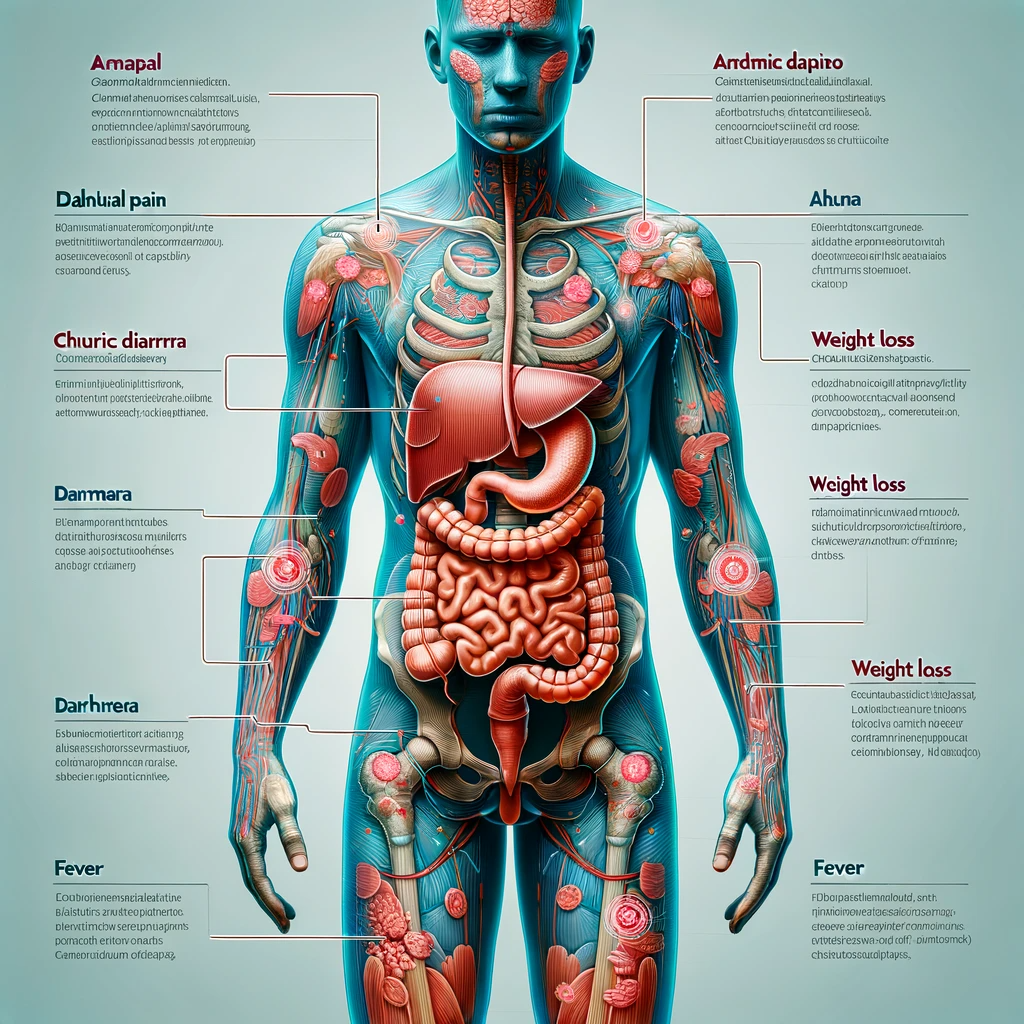IBD Disorder: Strategies for a Better Life

IBD Disorder (Inflammatory Bowel Disease), encompassing conditions like Crohn’s Disease and Ulcerative Colitis, affects millions globally. Understanding and managing IBD is crucial for those affected. This comprehensive guide delves into what IBD is, its types, symptoms, and effective management strategies.

Understanding IBD Disorder
IBD is a term for two main conditions: Crohn’s Disease and Ulcerative Colitis. Both are chronic inflammatory conditions of the gastrointestinal tract, but they differ in the areas they affect and the depth of inflammation.
Crohn’s Disease
Affects any part of the GI tract from mouth to anus and involves deep layers of the bowel wall.
Ulcerative Colitis
Limited to the colon and rectum, affecting only the innermost lining of the colon.
Symptoms of IBIBD DisorderD
Common symptoms include chronic diarrhea, abdominal pain, weight loss, and fatigue. The severity can vary from mild to debilitating, significantly impacting life quality.
Diagnosis of IBD
Diagnosis involves a combination of tests, including blood tests, stool samples, endoscopic procedures, and imaging studies like CT scans or MRIs.

Management Strategies IBD Disorder
Medication
Aims to reduce inflammation, control symptoms, and bring about and maintain remission. Options include anti-inflammatory drugs, immune system suppressors, and biologics.
Diet and Nutrition
While no specific diet cures IBD, certain foods can exacerbate symptoms. A balanced diet, possibly with nutritional supplements, is recommended.
Stress Management
Stress doesn’t cause IBD but can aggravate symptoms. Techniques like meditation, yoga, and therapy can be beneficial.
Regular Exercise
Helps in overall health maintenance and stress reduction.
Surgery
In severe cases, surgery may be necessary, especially when other treatments haven’t been effective.
Living with IBD Disorder
Living with IBD means adapting to a chronic condition:
- Regular medical check-ups are vital.
- Joining support groups can provide comfort and advice.
- Educating oneself about the condition helps in making informed decisions.
Research and Innovations IBD Disorder
Ongoing research in genetics, microbiome studies, and new medications continues to enhance our understanding and treatment of IBD.
Conclusion IBD Disorder
IBD is a challenging disorder, but with effective management, individuals can lead fulfilling lives. It’s about finding the right combination of treatments and lifestyle adjustments to manage symptoms and maintain a good quality of life.
Related Articles
About the Author




0 Comments